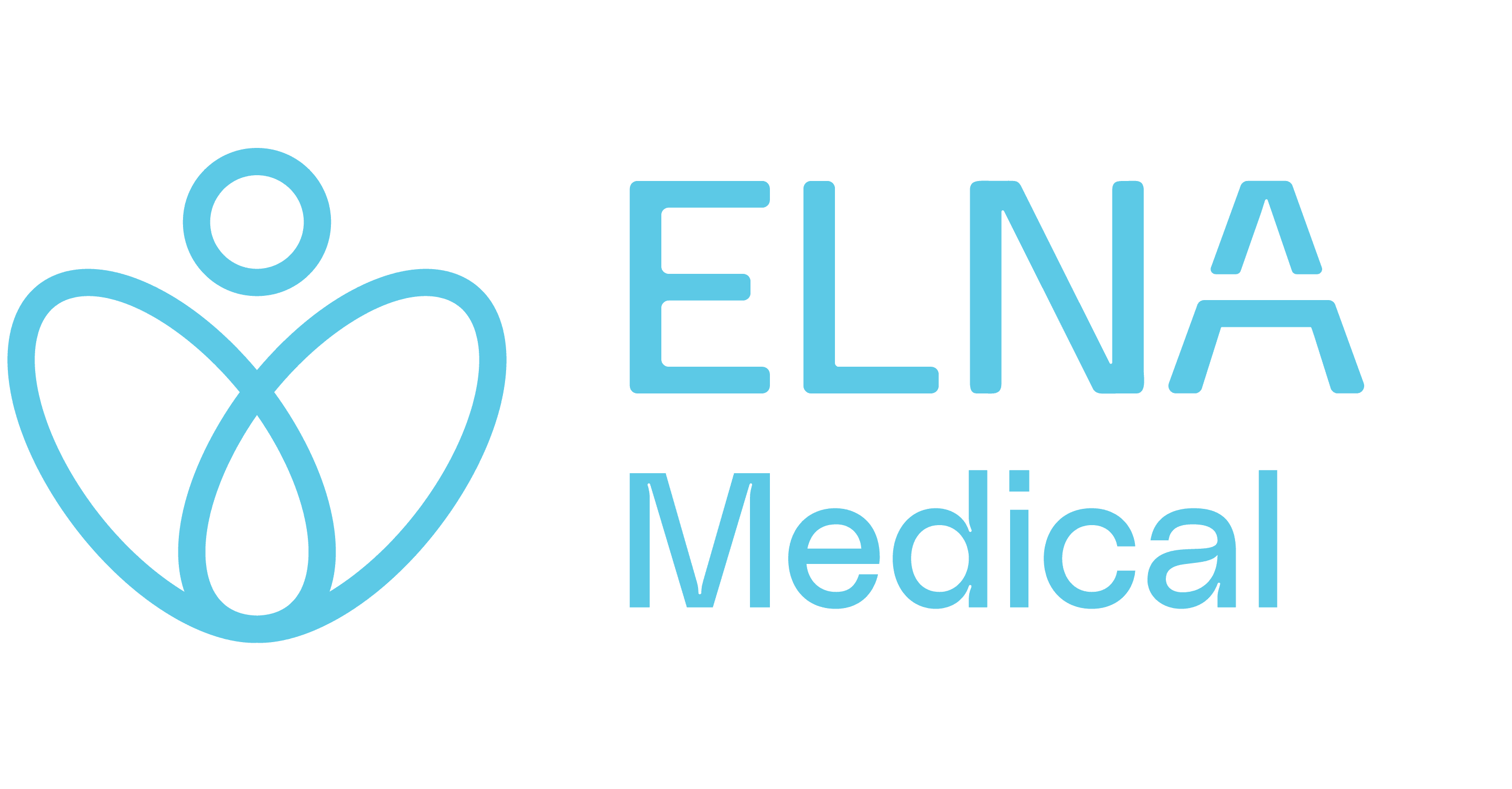Heart disease is the second leading cause of death in Canada1. So it’s crucial to take action for your heart with heart-healthy living.
This article will help you understand the role of a cardiologist, the best person to support you in this process, how they can help you maintain your heart healthy, and what you can expect during a consultation.
- What is a cardiologist?
- When to see a cardiologist?
- For what diseases?
- How does a consultation work?
- How do I make an appointment with a cardiologist?
What is a cardiologist?
A cardiologist is a physician who specializes in the prevention, diagnosis, treatment, and rehabilitation of patients with cardiovascular diseases2, that is, diseases that affect the function or structure of the heart and blood vessels.
This doctor plays a key role in the management of heart health, whether for patients with existing heart problems or for people at risk. It is trained to monitor a wide range of conditions, but also to respond to serious emergencies such as heart attacks or pulmonary embolisms.
Cardiologists follow a rigorous pathway that includes several years of medical training and often work in collaboration with other specialists to provide a comprehensive approach to treatment.

Why to see a cardiologist?
Whether it’s for an existing heart disease or to assess your overall heart health, a consultation with a cardiologist can be crucial in preventing future complications.
Symptoms and signs of concern
Several symptoms can be signs of a cardiovascular disease or disorder:
- Chest pain
- Heart palpitations
- Shortness of breath
- Dizziness and vertigo
- Syncope (brief loss of consciousness)
If you have one or more of these symptoms, it is essential to take them seriously and seek the advice of a health professional from ELNA Medical network.
Family history
The hereditary factor must be considered. If people in your family have suffered from cardiovascular problems such as heart attack, arrhythmias, and high blood pressure, you are at a higher risk of developing them yourself. A cardiologist can help you assess these risks and take the necessary preventive measures.
Exposure to risk factors
High cholesterol, diabetes, being overweight, smoking, alcohol, a sedentary lifestyle or high blood pressure increase your risk of developing heart disease. These factors can be modified by adopting a healthy lifestyle or following an appropriate treatment.
With age and according to sex, the risk of developing coronary heart disease increases. Men diagnosed with heart disease have an average age of 55-64, while women average 65-74 years3.

What diseases can be treated by a cardiologist?
Cardiologists diagnose and treat a wide range of heart diseases and disorders associated with blood vessels. Here are some common examples of conditions they can identify and treat:
- High blood pressure: This condition is characterized by high blood pressure in the vessels. It can lead to serious complications such as strokes or heart attacks if left untreated.
- Coronary artery disease (CAD): It is the most common heart disease4. Caused by the blocked or narrowed arteries, this disease reduces blood flow to the heart, increasing the risk of heart attack.
- Congenital heart disease: Some people are born with heart defects that affect the structure of the valves, walls, or other parts of their heart. These conditions often require long-term monitoring and specialized treatment.
- Heart failure: It happens when the heart doesn’t pump enough blood to meet the body’s energy needs. If diagnosed early, effective treatment can be put in place.
- Heart rhythm disorders: Cardiac arrhythmias are characterized by irregular heartbeats, whether they are too fast or too slow. Some cases present severe and prolonged symptoms, which can even lead to the death of the patient.
- Pulmonary embolism: This condition occurs when a blood clot blocks an artery in the lungs, leading to emergency medical treatment.
Other conditions can be treated, talk to a doctor in the ELNA Medical network.
What does the cardiologist do during a consultation?
Here’s what you can expect during your first consultation with a cardiologist:
- Medical history: Your cardiologist will begin by reviewing your medical history, including any allergies, lifestyle habits, family history, and any symptoms you may have experienced. Remember to mention any information you suspect may be a risk to your cardiovascular health.
- Initial exam: They will then auscultate your heart, lungs and take your pulse to check things like your blood pressure, heart rate and blood vessels.
- Additional tests and analyses: Depending on the results, additional screenings may be required to better diagnose your condition. This may include an electrocardiogram (ECG), a cardiac ultrasound, a stress echocardiogram test, or blood analyses. Your cardiologist may perform certain tests or refer you to another healthcare provider.
- Treatment plan : Your cardiologist will suggest a personalized treatment plan based on the results obtained in the previous steps. This can include prescriptions for medications, lifestyle recommendations (diet, physical activity, sleep, stress) or more complex interventions, if necessary.

How do I make an appointment with a cardiologist?
Cardiologist affiliated with the RAMQ
To see a public cardiologist, it is necessary to get a referral from your family doctor. Depending on your symptoms or medical history, your doctor may refer you to a specialized cardiologist adapted to your condition.
In Quebec, consultations with a cardiologist affiliated with the RAMQ are reimbursed. However, some complementary tests and services, such as cardiac ultrasound, stress ultrasound and Holter tests, may incur additional fees. These tests are covered by some private insurance companies.
Private Cardiologist
In the private clinics of the ELNA Medical network, it is not necessary to obtain a referral from your doctor. It is possible for you to see a cardiologist quickly because most private specialists accept new patients and offer appointments within a week. Services are not covered by the RAMQ but may be reimbursed by some private insurance.
Discover our network of public and private cardiologists.
Sources | 1 : Canada Health – Heart Disease in Canada | 2 : FMSQ – Cardiologist | 3 : Canada Health – Heart disease infographic | 4 : Heart and Stroke – Coronary artery disease















